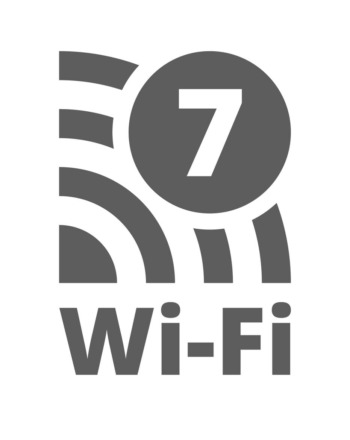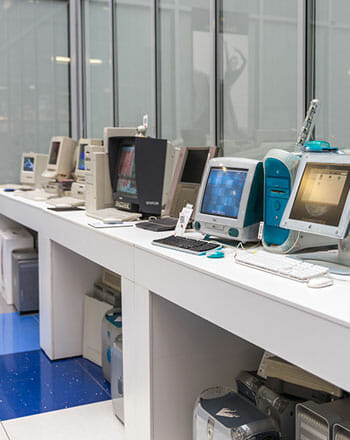According to research by Beaming, broadband outages cost the UK economy a whopping £7 billion in 2016. In addition, a staggering 545 hours of staff productivity are lost annually because of IT outages (if we calculate that one hour of IT downtime means 80 hours of manhours are lost)
If you’re struggling with poor connectivity, can you afford not to change provider?
Through a resilient, ultrafast connection, your business can respond and react more quickly – so you can sell more and be more competitive. With increased bandwidth and a more reliable connection, your business can react almost instantaneously to their competitors, customers, environmental risks and other factors that impact their day to day. But when you’re unable to do so due to a poor connection, the results are noticeable, especially when strong connectivity allows your business so much more opportunity.
Dependency on fast, reliable, pervasive and high-speed Wi-Fi will only increase as businesses need higher bandwidth. Forecasts indicate that 8K streaming will become mainstream by 2023 and with more and more applications moving to the cloud bandwidth requirements for companies, particularly in creative and media industries, are set to increase significantly. Glide Gigabit is future-proof to the rise of Ultra High Definition (UHD), empowering businesses to explore new technology without limitations - our business router will support gigabit access speeds over wi-fi.
Ultrafast broadband doesn’t just enable your company to do the same things more quickly - it can revolutionise the way you do business. Although it’s important that workers can download documents, files and media more quickly, good connectivity is not just about faster downloads.
- Since 2000, cloud computing has been championed by giants like Amazon and Google, and offers convenience, self-service and cost efficiencies. With cloud computing and ultrafast broadband, you’ll be in a position to quickly and easily upload, store, access and download vast amounts of data. There’s better data storage security and no need for expensive hardware.
- Cloud storage and editing allows people from around the globe to come together to work on a piece of work, enabling global collaboration and decentralising the concentration of skills in certain industries.
- Use of video in the day-to-day running of a business is increasing. Not only do businesses need to store large files securely, but regular collaboration will rely on fast access and streaming of large files and no waiting for files to download.
- Distance working becomes a more viable option as video conferencing and more reliable connectivity mean your working practices can become more environmentally sustainable as staff work from home more regularly and don’t require unnecessary and expensive hardware at home. It also means the scope of your workforce is no longer localised - you can employ the best from all over the country.
- Developments in fields such as robotics and media creation are occurring at an exponential rate, which is why it’s so important that you stay in the game by future-proofing your business.
According to BT Openreach, copper phone lines used for standard broadband and ADSL connections will soon become obsolete. As part of the UK Government’s £5 billion investment plan to replace copper with digital, the DCMS plans to connect the whole of the UK with full-fibre broadband by 2033.Funding for Local Full Fibre Networks (LFFN) stimulates the telecoms market in targeted ways to invest in fibre connectivity for homes, businesses, and rural connectivity, addressing the future obsolescence of copper.
Gigabit works out cheaper, more efficient and more reliable and for our customers, that makes a world of difference: As Birmingham based design and print agency Bluechilli rapidly grew, so did its need to secure a superfast connection that would support its plans moving into the future.
Due to a slow connection, staff were having to factor in an hour for each file transfer, with only one person being able to use the internet at a time to send a file. For a business that is constantly required to send large files and PDFs externally to printers or clients directly, the threat to the business was clear.
The significant loss of productivity was a huge source of worry for Bluechilli’s creative director, Karl Wheeler: "It [poor internet connectivity with previous supplier] was really becoming a problem… we were missing print deadlines, or otherwise coming extremely close. An hour of time is money." Karl summed up: "We can’t be the company we are with a slow internet connection. Without Glide, I’m not too sure what we would have done." Read the full case study here.






























































































